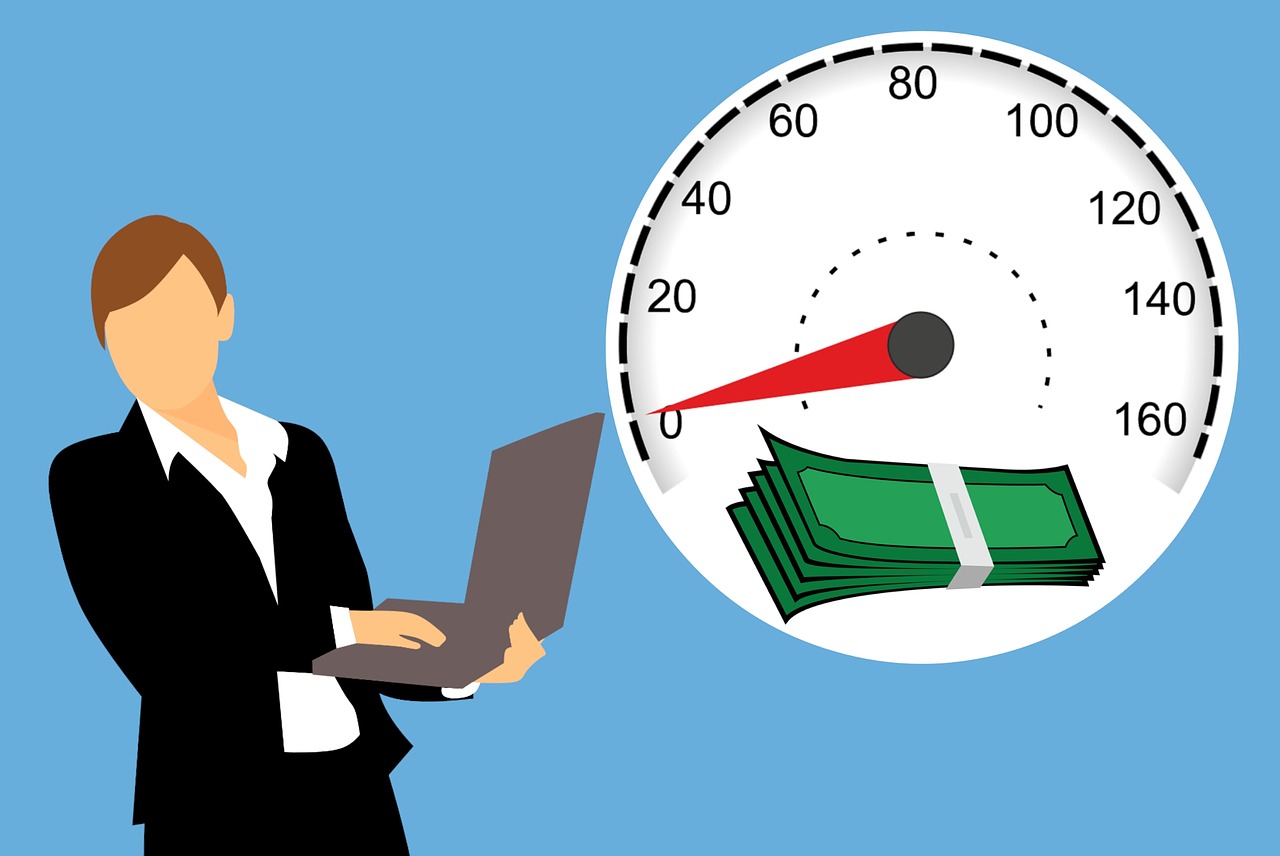Getting your business on track for a zero carbon future with smart meters
By Valpy Fitzgerald, Director of Green Markets at renewable electricity provider Opus Energy
The UK Government has committed to reducing greenhouse gas emissions to net zero by 2050. In Scotland, this target is even more ambitious, with a 2045 deadline. Achieving these goals will be a collective effort, and every business in every sector, no matter how big or small, must adapt its policies and operations accordingly. And a big part of this will be managing energy consumption across the company.
For some business owners, taking the time to understand your energy usage may feel like another item on the to-do list. Some of you may have already brought in measures to try and control your energy bills or become more sustainable. Perhaps you’ve installed motion lighting or have strict rules about staff turning off all electricals at night. But how well do you truly know where your energy goes each month, each week, each day?
Having access to accurate data can reveal some great insight into where your energy is going. Did you know, for example, that two thirds of us boil a full kettle when we make a cup of tea, costing on average around 1p each time? This may seem trivial and unimportant, but if you have 50 tea-loving colleagues who drink, on average, four cups a day, this adds up to about £2.64 a day or £687 a year. If you apply this thinking to all other aspects of your business, think how much money you could be throwing away without even knowing.
Spotting key trends in energy usage and detecting anomalies within your business
Until now, it’s been difficult for businesses to analyse in any detail where their energy was going each month, and make informed decisions based on this information. Standard metering is limited as it’s retrospective, which makes it hard to carry out adjustments in real time. But technology is becoming increasingly sophisticated, and we now have access to far greater levels of transparency into our energy consumption than ever before.
The widespread adoption of smart meters, for example, has been a game changer for many businesses. The near real-time data they provide on business energy usage means that office managers – or whoever it is that manages your business’ energy bills – can spot key trends and identify areas for improvement, as well as detecting any anomalies. This helps owners and employees to address any issues swiftly and appropriately.
Supporting the smart grid
Smart meters can help you to align with your business’ wider sustainability goals. They form the backbone of the UK’s transition to the smart grid. So, by having one installed you’re playing your part in helping the country to move towards a zero carbon, lower-cost energy future.
The smart grid is the UK’s intelligent, connected electricity infrastructure. It represents the future of energy management.
Currently, the UK has an outdated network which is expensive to maintain and adds to customers’ bills. The smart grid is designed to help the system operator, the National Grid, to balance the network more easily. This will in turn support the integration of more intermittent renewable energy sources such as wind and solar. It will also help suppliers incentivise consumers to use energy when it’s cheaper or more plentiful.
Adopting a sustainable approach to energy
So, while providing business owners with more flexible ways of keeping an eye on your energy costs, smart meters are ultimately about looking to the future and supporting more sustainable ways of working. If the UK is to achieve carbon neutral by its target date, we need widespread change across the business landscape, and this will require owners to re-evaluate their existing behaviours and operations. Now is the time to take the first step.

